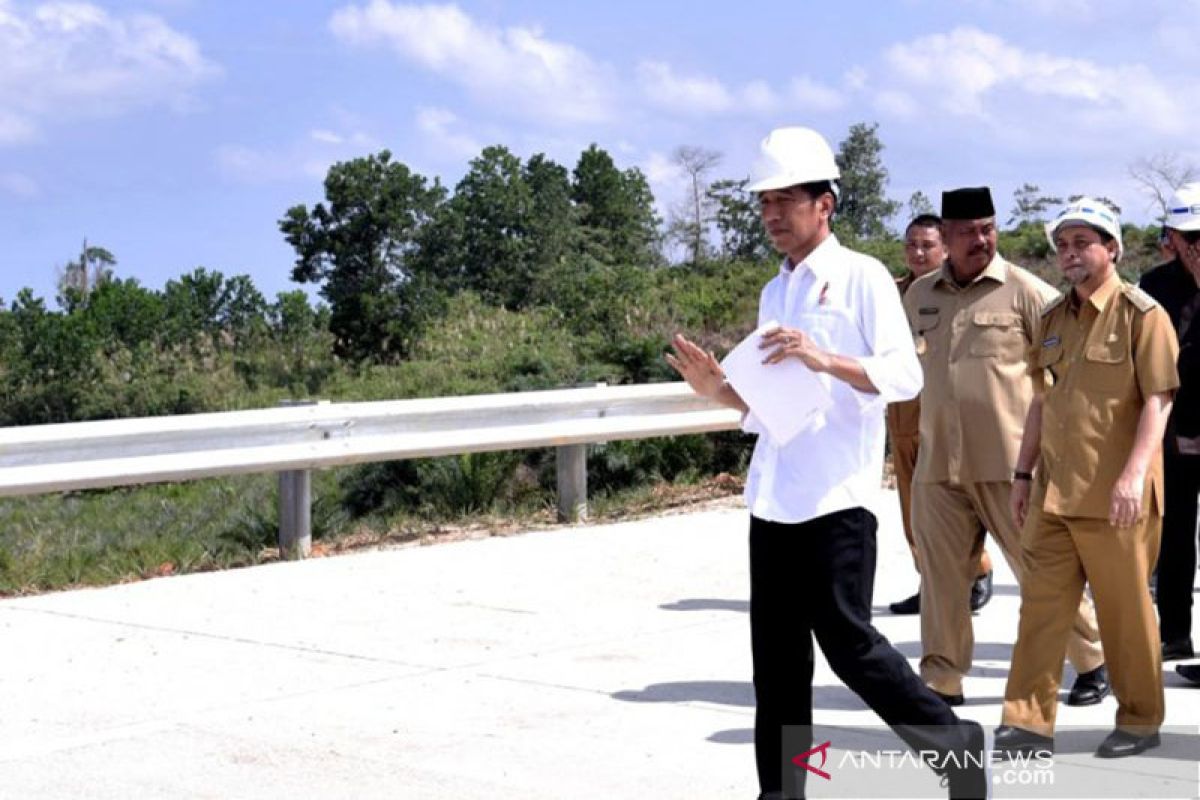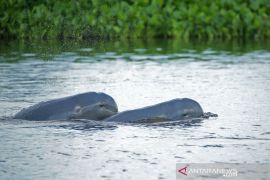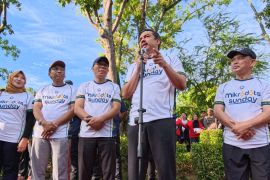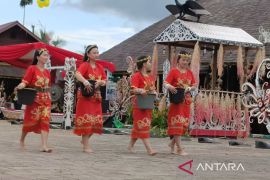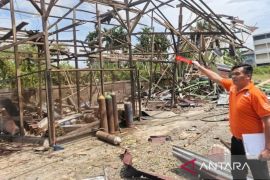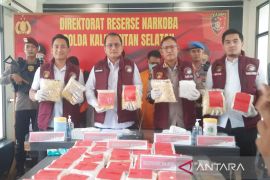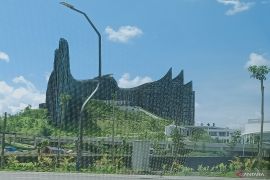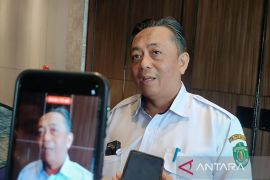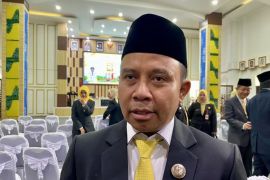I hope we are all part of the solution to make the earth a more livable place for our children and grandchildrenJakarta (ANTARA) - President Joko Widodo (Jokowi) on August 16, 2019, officially announced his plan to move Indonesia’s capital city to Kalimantan Island and asked for the Parliament’s permission for that purpose. On August 22, Minister of Agrarian Affairs and Spatial Planning Sofyan Djalil spoke of East Kalimantan as the most likely location for the new capital city. However, Jokowi later denied the assertion and said that studies are still on to decide the location.
In May 2019, Jokowi visited Kalimantan to look for a location for his plan and one of the options was Bukit Soeharto (Soeharto Hill) Forest Park located in Samboja Sub-district, Kutai Kartanegara district, East Kalimantan Province. Between 200,000 and 300,000 hectares are needed to host the new capital city.
Pros and cons emerged in the public regarding Kalimantan also known as Borneo, as the host of the capital city to replace Jakarta. Several young people recently interviewed by TVOne expressed their objection. They specifically mentioned that Kalimantan has so far served as "the lungs of the world", and the massive development needed to build a new capital city would destroy a part of the island's forests.
Located near Balikpapan City, Bukit Soeharto Forest Park hosts the Wanariset Samboja Orangutan Rehabilitation and Reintroduction Center, as well as an education forest managed by the University of Mulawarman.
Balikpapan also has the Sungai (River) Wain Protected Forest (HLSW) which has extraordinary biodiversity including endangered fauna such as sambar deer, orangutans (Pongo pygmaues), sun bears (Helarctos malayanus), and nearly 200 species of birds.
Surrounding Balikpapan, there are also many primary forests, mangrove forests, seagrass beds, and coral reefs on its coastal area.
The primary forests and coasts are home to some 1,400 rare yellow-hair proboscis monkeys (Nasalis larvatus), leopards, dugong, crocodiles, green turtles, 60 to 140 dolphins, 300 species of birds, 100 species of mammals, and more than 1,000 species of trees, according to a research conducted by Stanislav Lhota.
Being home to rich biodiversity, Balikpapan and its surrounding areas, including Samboja and its Bukit Soeharto Forest Park, are called by environmentalists as "the last fortress of lowland tropical forests in Kalimantan".
If Samboja or Bukit Soeharto were developed as the country's new capital city, the pressure to the environment would be very intense.
The fact that Jokowi overrode the statement of Sofyan Djalil on East Kalimantan, shows a cautious attitude, as there needs to be a comprehensive study of the numerous factors, particularly those concerning the ecology, given the role of Kalimantan forests as the lungs of the world.
Kalimantan Island is host to a vast area of the country`s remaining tropical rainforests where various endemic flora and fauna can be found.
In fact, the governments of Brunei Darussalam, Indonesia and Malaysia - the three countries which share Kalimantan Island, signed a declaration on Heart of Borneo on February 12, 2007, committing themselves to the conservation and sustainable development of a 22 Million-hectare “Heart of Borneo” (HoB).
Given that lowland forests are the prime habitats of the Pygmy elephant, orangutan and rhino, the HoB may be the last stronghold for the preservation of this type of forests on Borneo, according to a WWF report.
However, HoB has been under serious threat from the industrial conversion of natural forests to palm oil and other agricultural crops, as well as illegal logging and unsustainable rates of legal timber extraction. Forest fires, mining and overhunting of wildlife are the other major threats.
The rainforests in the Heart of Borneo have a crucial function as the lungs of the world because they produce oxygen needed to help overcome the impact of climate change.
Given the important role of the rainforests, then president Susilo Bambang Yudhoyono on January 5, 2012, signed a regulation authorizing the use of 45 percent of Kalimantan island as biodiversity conservation and tropical rainforest vegetation reserves to make the island the world`s lungs.
In line with the Presidential Regulation No. 3 of 2012, the government also made efforts to prevent activities that may disturb the reserve areas, and hoped to meet the target of reducing gas emission by 26 percent by 2020.
The Indonesian government has pledged to increase its commitment to cut greenhouse gas emissions' growth by 29 percent by 2030. With international support, the emission could be reduced by as much as 41 percent.
President Jokowi reaffirmed Indonesia’s emission cut commitment before 147 heads of state and governments during the Paris Climate Change Conference in late November 2015.
"I hope we are all part of the solution to make the earth a more livable place for our children and grandchildren," he said.
Having the world's third-largest forest area that serves as the world's lungs, Indonesia has decided to be part of the solution, Jokowi remarked.
To mitigate the impact of climate change, Indonesia has pledged to protect its remaining forests from further destruction and degradation, support the ecosystem's restoration and undertake social reforestation.
Having a new capital city in Kalimantan might not help achieve the commitment, as it could disturb the ecology and even increase the gas emission including from land clearance and from thousands of planes that might fly to and from the new capital city.
According to studies, the carbon footprint from plane rides has contributed to a significant amount of planet-warming gases to the atmosphere. The noise pollution from commercial aircraft could also disturb animals in Kalimantan’s remaining forests.
Certainly, more studies and even a referendum involving Kalimantan's people in particular and all Indonesians, in general, should be considered to see whether Kalimantan is the right choice.
Editor: Rahmad Nasution
Copyright © ANTARA 2019
